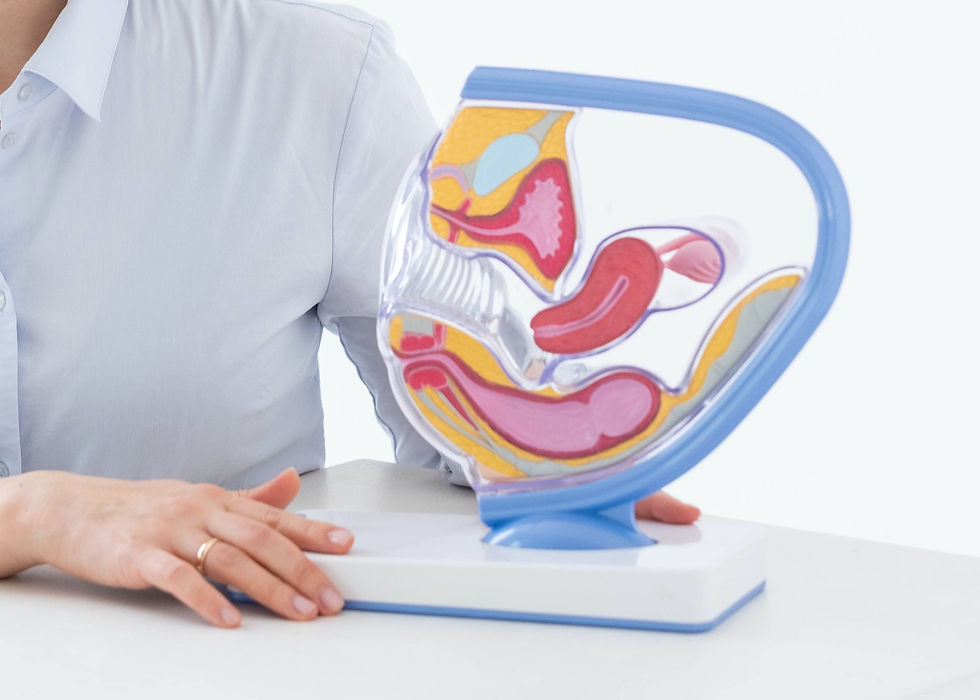Sleep
- Alan Frischer, MD, MPH

- Sep 15, 2023
- 3 min read
Every day I listen to complaints from patients about how difficult it is to get a good night’s sleep. All of us have had times when sleep is a challenge. Most sleep medications are fraught with complications, including addiction, dependency, and the simple fact that, over time, they just stop working.
Rather than putting up with being sleep deprived, or depending on meds, let me encourage lifestyle changes. Here are some of my favorite tips for how to get that satisfying night of sleep:
Have a consistent sleep schedule. This helps to establish our circadian rhythms. Do note that this includes weekends as well.
Increase your bright light exposure during the day. Bright light affects the brain, body, and hormones, helping us to stay awake during the daytime. It also improves daytime energy, which then helps us fall asleep at night. (When daily sunlight is not possible, some people mimic it with a light therapy lamp.)
Reduce your light exposure in the evening. Blue light, which comes from electronic devices like some TVs, smartphones, and computers, is the most problematic. Consider turning off the TV and other electronic devices two hours before bedtime.
Cut back on daytime naps. Naps tend to affect nighttime sleep, but of course, if short daytime power naps work for you, and don’t affect your sleep at night, then by all means, carry on.
Avoid alcohol. Many of my patients believe that alcohol relaxes them and helps them sleep. Unfortunately, even modest amounts of alcohol at night can interfere with sleep by increasing sleep apnea symptoms, worsening snoring, and launching poor sleep patterns. It alters the production of melatonin, which plays a key role in our circadian rhythms. It can increase feelings of panic, anxiety and depression, which will certainly keep us awake at night.
Cut out caffeine after lunch. Caffeine has a number of benefits, as most Americans are aware. It can bring about better focus, more energy, and improved sports performance. However, it is a nervous system stimulant. Caffeine levels can stay elevated for eight hours after consumption. If you are craving coffee later in the day, let me suggest sticking with decaf.
Optimize your sleep environment. This includes controlling temperature, noise, external lights, and furniture arrangement. Our mattress and pillow can have an enormous effect on back pain, shoulder pain, back stiffness, and sleep quality. Consider whether it is time for a replacement, and test before buying.
Don’t eat late. Studies show that eating a large meal or snacks can affect sleep and sleep hormone levels. (Note that a small bedtime snack for diabetics is often necessary.)
Relax and clear your mind. Various techniques for relaxation before bed have been shown to help. These include taking a bath, listening to music, reading a book, massage, meditating, deep breathing, and visualization.
Exercise regularly. Exercise is one of the very best ways to improve sleep and health. Note that while daily exercise is key, don’t plan it too close to bedtime.
Be sure to rule out any underlying health condition. Sleep apnea, for example, is a sleep disorder which causes inconsistent and interrupted breathing. Urinary frequency keeps many up at night. Any condition that causes pain will disrupt sleep.
And yes, some supplements and natural remedies can help. Melatonin is a key sleep hormone that helps our brain relax and go to sleep. It should not cause withdrawal symptoms or next day hangover effects. Other popular sleep aids include ginkgo biloba, glycine, valerian root, magnesium, chamomile and lavender.
Let’s improve our health and well-being by making sleep a top priority.


